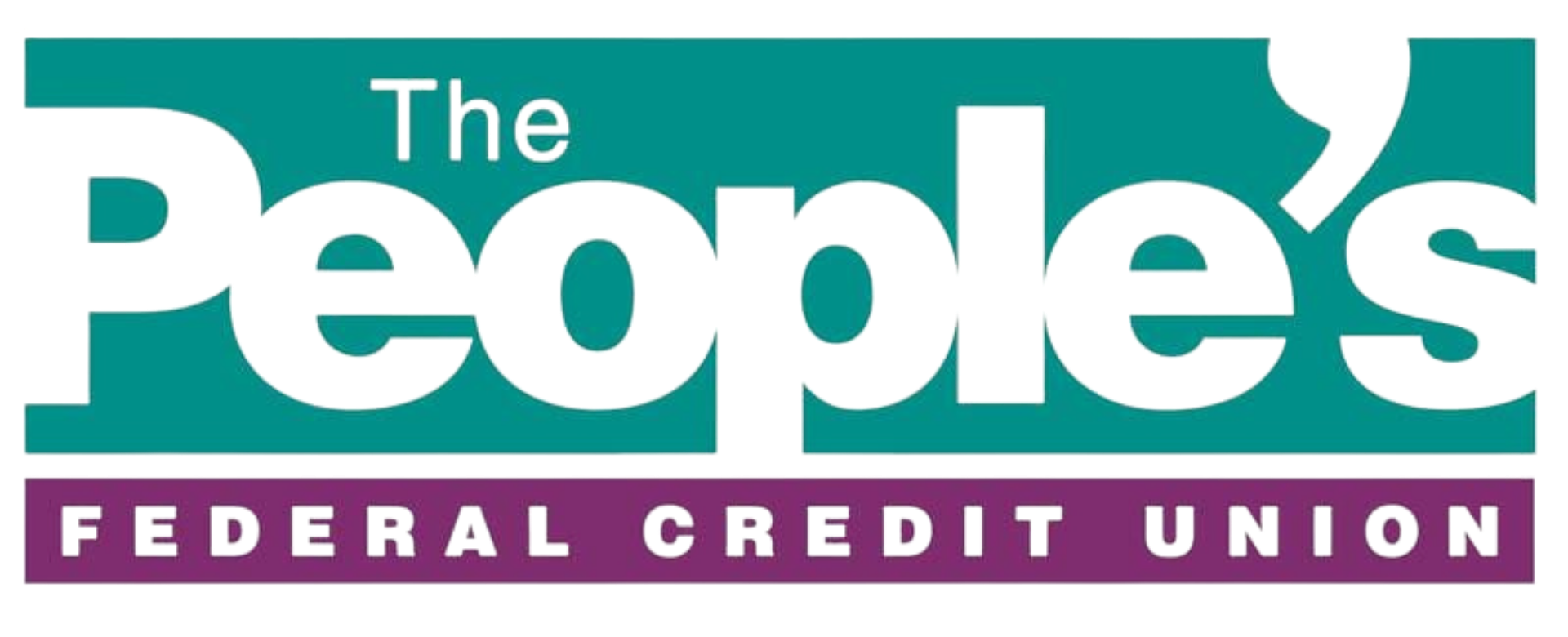Buying a car is a significant financial decision impacting your budget, lifestyle, and long-term financial goals. Determining how much you should spend on a car requires careful consideration of several factors, from your financial situation to ongoing costs beyond the purchase price. Here’s a helpful guide on approaching this decision with confidence and setting a realistic budget.
General Advice
When deciding how much to spend on a car, the 20/4/10 rule is a practical and widely recommended guideline that can help you make a financially sound decision:
- 20% Down Payment: Aim to put down at least 20% of the car’s purchase price upfront. A substantial down payment reduces the amount you need to finance, which can lower your monthly payments and decrease the total interest you pay over the life of the loan.
- 4-Year Loan Term: Try to limit financing your auto loan to a maximum of four years. A shorter loan term helps you pay off the car faster and keeps your total interest costs lower.
- 10% of Your Income: Keep your total monthly car expenses at or below 10% of your gross monthly income.
Factors to Take Into Account

Calculating how much car you can afford also requires considering additional factors.
Debt owed
When considering your car budget, assess your current debt load. Car payments should fit comfortably into your finances without adding too much strain. Account for all debts, including credit cards, student loans, and housing costs, to see how much car you can afford. Ideally, car expenses should not push your debt ratio over 36%, as this could impact your financial wellness and credit score.
Maintenance Costs
Newer cars generally require less maintenance initially, while older cars may need more repairs and part replacements. When budgeting, estimate annual maintenance based on the car’s age, make, and model. Also, check whether the vehicle is under warranty or if extended warranty coverage is available.
Gas Mileage
Fuel efficiency directly impacts your monthly spending, especially if you drive often. Consider a car with better gas mileage to reduce your ongoing fuel costs. Hybrid and electric vehicles generally have higher fuel efficiency but might come at a higher upfront cost, so weigh the potential long-term savings against the initial expense.
Sales Taxes and Fees
The purchase price of a car is not the only upfront cost. Be prepared to pay sales taxes, registration fees, and license plate fees. Research these costs in your area to better understand how they’ll affect your overall car budget.
Insurance Costs
Insurance premiums vary based on factors like the car’s value, age, safety rating, and even your location and driving history. Research insurance rates for the specific model you’re considering to ensure the total cost of ownership and bottom line align with your budget. Remember that more expensive cars or sports cars typically have higher insurance premiums.
Loan Options
Exploring loan options before buying your first car can help you understand what you can afford and how much interest you’ll pay over time. Consider getting pre-approved for a car loan, which can give you a clearer picture of the interest rates, the terms you qualify for, and an estimate of your monthly payments.
Get Pre-Approved for an Auto Loan in Texas at TPFCU Today
Want to find out how much a monthly car payment would be? Get pre-approved for a car loan at The People’s Federal Credit Union in Texas. Our members also enjoy access to our Member Auto Center and auto dealer network. Apply online or by visiting your nearest branch today.








